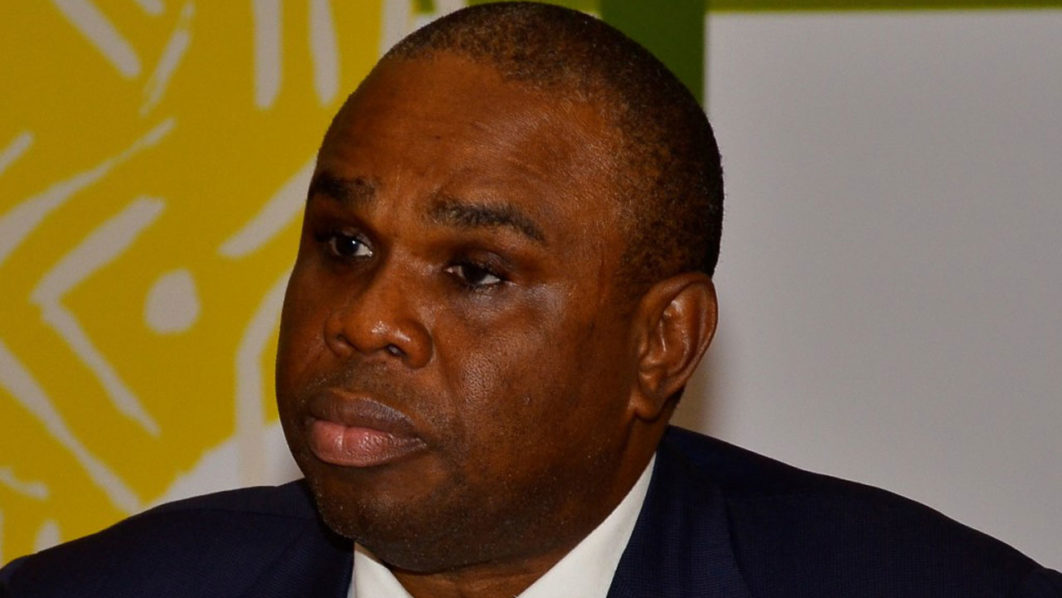
President, African Export-Import Bank, Prof. Benedict Oramah, has stated that agricultural subsidies provided by developed economies have continued to confine Africa to the bottom of global value chains.
According to him, these subsidies do not only depress world prices, making it difficult for Africa to compete but also lead to dumping of excess production in African markets, wiping out local production and industries.
Oramah, who spoke in a webinar organised by Pan-African Private Sector Trade and Investment Committee (PAFTRAC), said that overtime, the subsidies had reduced “the region which accounts for over 60 per cent of world’s remaining arable land to a net importer of food.”
He stated that in the modern period of global trade marked by the transition from the General Agreement on Tariff and Trade (GATT) to the World Trade Organisation (WTO) in 1994, Africa had remained marginalised with its share of global trade falling to 2.5 per cent in 2019, down from over 4.4 per cent in 1970, and despite a growing number of African countries having integrated into the WTO as full members—44 countries to date.
“While this poor performance is the result of a number of factors, including fragmented markets in Africa and persistent supply side constraints, a key factor is that the bargaining power of the continent has remained very weak, leaving Africa largely on the periphery of rule-making and global governance system under the multilateral trading system.
“Contributing to this are the policies of trading partners that have entrenched the natural resource dependency of African economies. For instance, tariff escalations and stringent standards on final goods in developed economies have limited Africa’s potential to move up value chains, keeping African economies trapped in primary production and vulnerable to commodity price cycles. One of the starkest examples of this is cocoa, where Africa accounts for around 70 per cent of global production but captures less than 20 per cent of the international cocoa value chain.
“The most obvious and damaging exhibit is the agricultural subsidies provided by developed economies at the expense of millions of the poorest farmers in Africa. Agriculture has been—and in the foreseeable future will continue to be—the backbone of Africa’s economy and a major source of employment and income in the region,” Oramah said.
The Chair, PAFTRAC, Prof. Pat Utomi, stressed that unless reform was forthcoming, the current global crisis might penalise the African private sector even further.
“We have seen, during this pandemic, companies in the industrialised world have received massive bailouts, tax incentives, not to mention government contracts and fiscal stimuli. Companies in Africa were not so fortunate and will have to deal with a world where trade will be depressed because of the post-COVID environment. As such, a fairer global trade environment and trading system is more urgent today than ever,” Utomi said.






